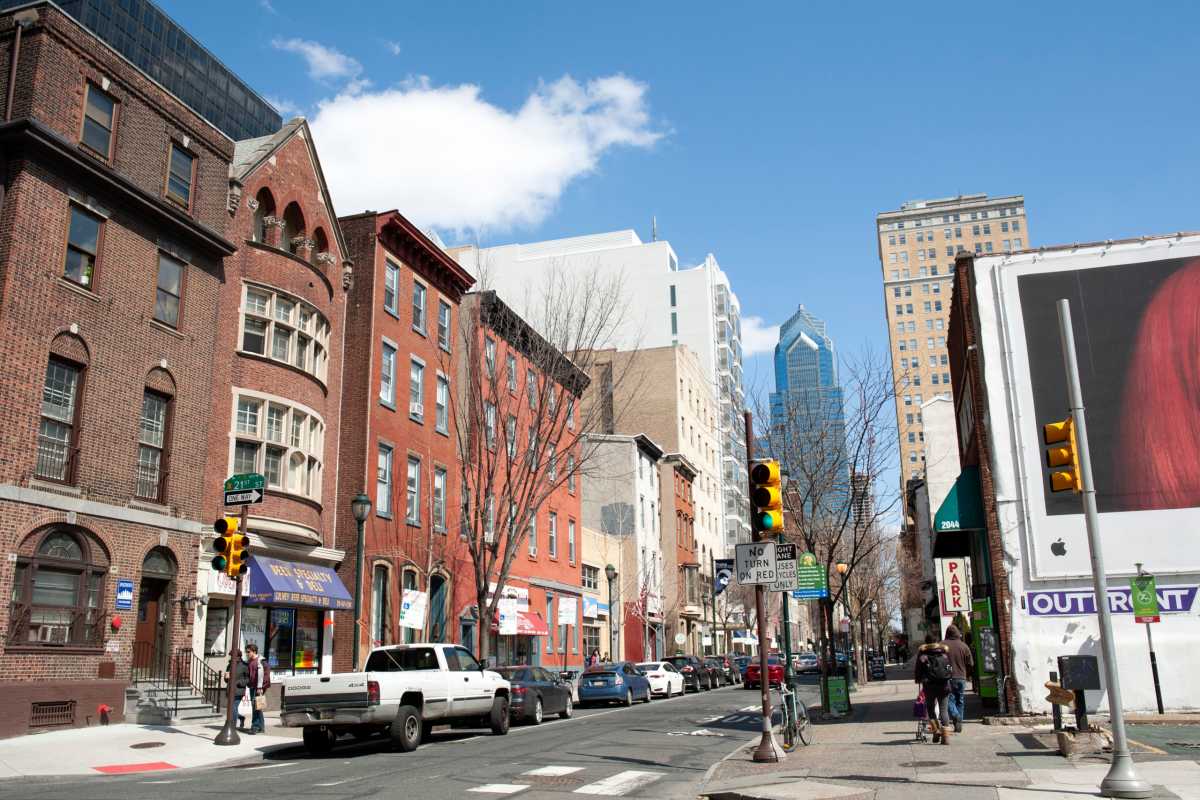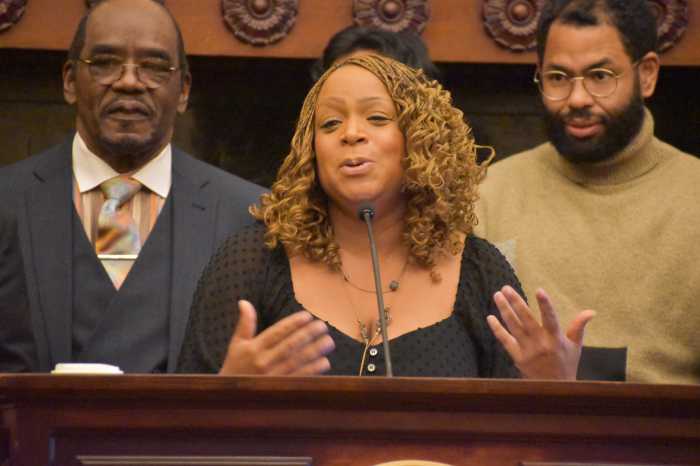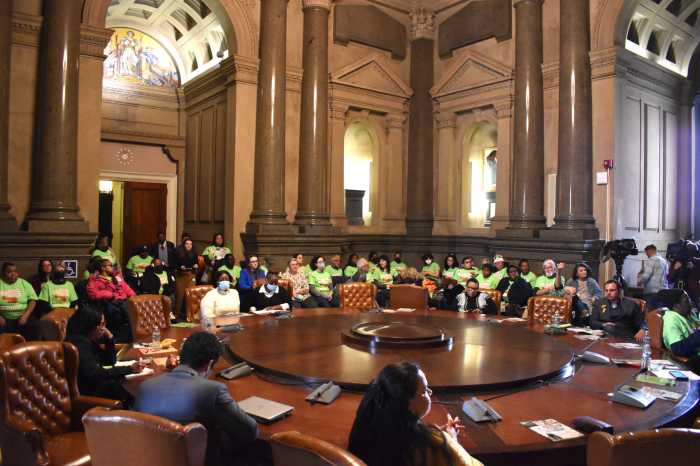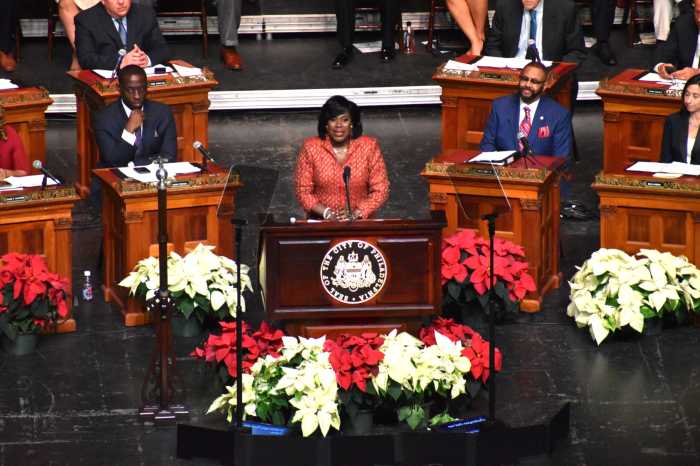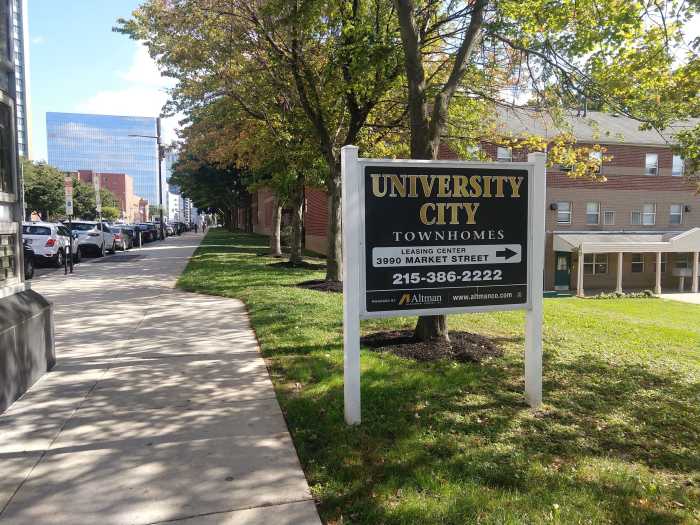The affordability of home buying in Philadelphia – compared to other major cities – “may be somewhat overstated,” researchers said in an analysis published this week.
While Philadelphia has historically been known for a high rate of homeownership, the barriers to entry have grown over the past two decades, according to the study, conducted by Pew Charitable Trusts’ local research initiative.
The city’s house price-to-income ratio is 3.8, far less than New York (9.8), Boston (8.3) and Washington D.C. (6) and among the more affordable large cities, data from Construction Coverage shows.
“Although Philadelphia’s housing market remains more affordable than those in other large East Coast cities, it is not as affordable and accessible as it once was – particularly for households with the lowest incomes,” the report, authored by Octavia Howell, concluded.
The 32-page Pew analysis examined patterns in the single-family housing market in Philadelphia between 2000 and 2021. Researchers used data adjusted to isolate the influence of inflation.
In 2000, 70% of city households could afford an “entry-level home,” defined in the report as the cheapest 25% of residential properties in the city. The share who could afford to buy such a home dropped to 58% in 2021.
That’s because the monthly mortgage payment on an entry-level home jumped an inflation-adjusted 55% between 2000 and 2021, but median income in the city only increased 10%, according to the study.
Had home values remained flat, and increased only with inflation, the median Philadelphia entry-level home would have cost $59,000 to buy in 2021 and carried a mortgage payment of $608, the report says.
Instead, properties in the same bracket were actually selling for $160,000, with a monthly payment of about $944 – an amount that would be even higher in 2024 due to interest rate hikes, according to the Pew data.
The median sale of all homes – not just entry-level properties – rose 168% over the 21-year period, from $99,000 to $265,000, for transactions involving an individuals applying for mortgages, as opposed to investment or cash purchases. Nearly a fourth of city homes now sell for more than $400,000.
At the start of the millennium, more than 40% of mortgages were approved for households earning less than $50,000 a year in 2021 dollars. In the years since, the number of loans for that income bracket has declined 33%. Philadelphia’s median household annual income for 2022 was $57,000, the study notes.
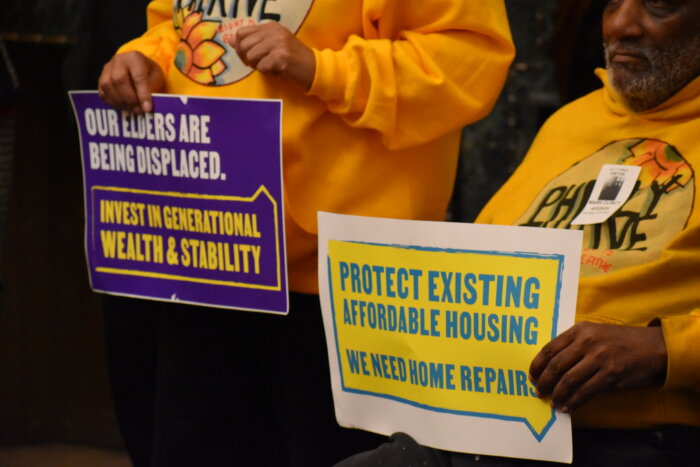
Many more Asian American and Hispanic residents applied for and received mortgage loans in 2021, compared to 2000, and the total number of loans also increased for white borrowers.
Black Philadelphians, Pew found, were the only racial group where the number of mortgage loans dropped – down 25% over the same time period.
Howell, the report’s author, noted in the document that studies have shown Black borrowers being denied for loans at higher rates, and local data shows Black residents applying for fewer and fewer mortgage loans in recent years.
“It is unclear why Black residents have sought home financing less frequently than members of other racial and ethnic groups, but limited credit access among Black households is well documented,” the Pew analysis says.
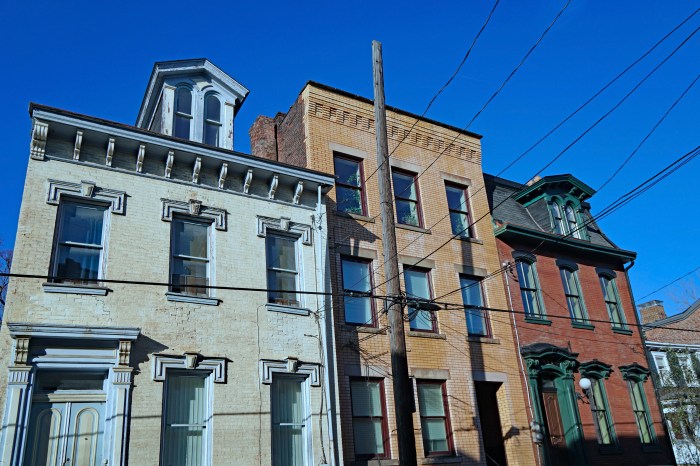
In response to the findings, City Councilmember Jamie Gauthier, whose West Philadelphia-based district has faced development pressures in recent years, said, “We must do more to defy displacement and specifically help Black families remain and become homeowners.”
Gauthier, chair of Council’s Committee on Housing, Neighborhood Development, and the Homeless, also raised concerns about the prevalence of corporations purchasing single-family homes.
Pew found that about a third of the homes sold between 2000 and 2021 were bought by investors – often at a lower price because the properties typically require significant repairs.
“We must reject the notion that homes are nothing more than commodities to be traded like stocks or gold,” Gauthier said in a statement. “Healthy communities and a vibrant city depend on us keeping homes in the hands of neighbors who will steward them and their neighborhoods.”



